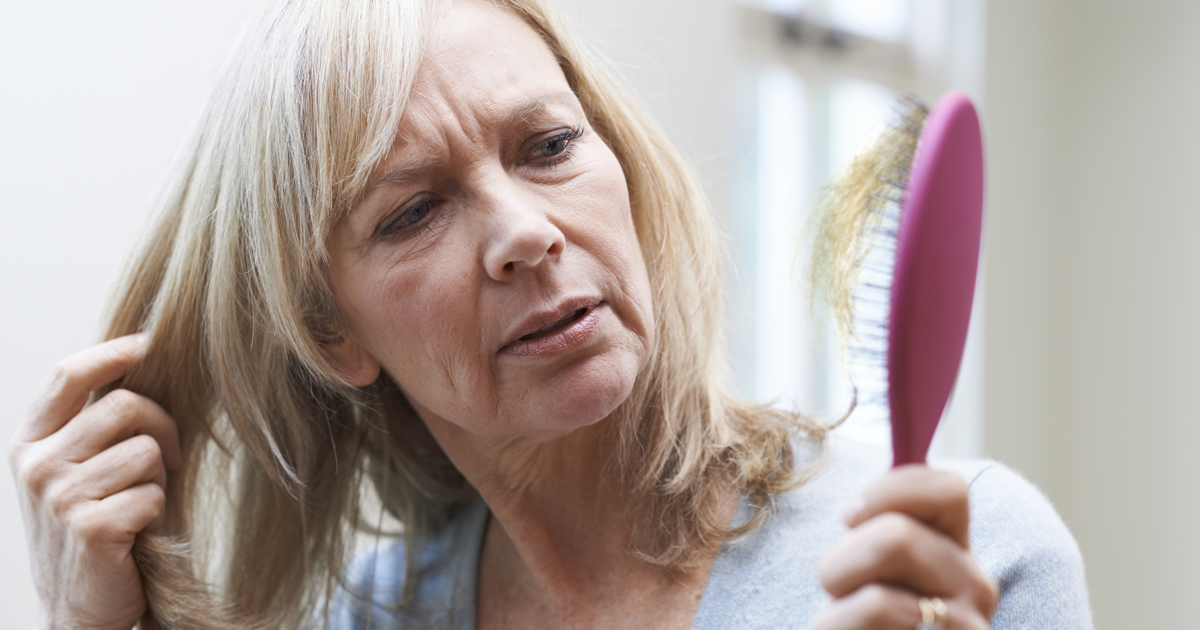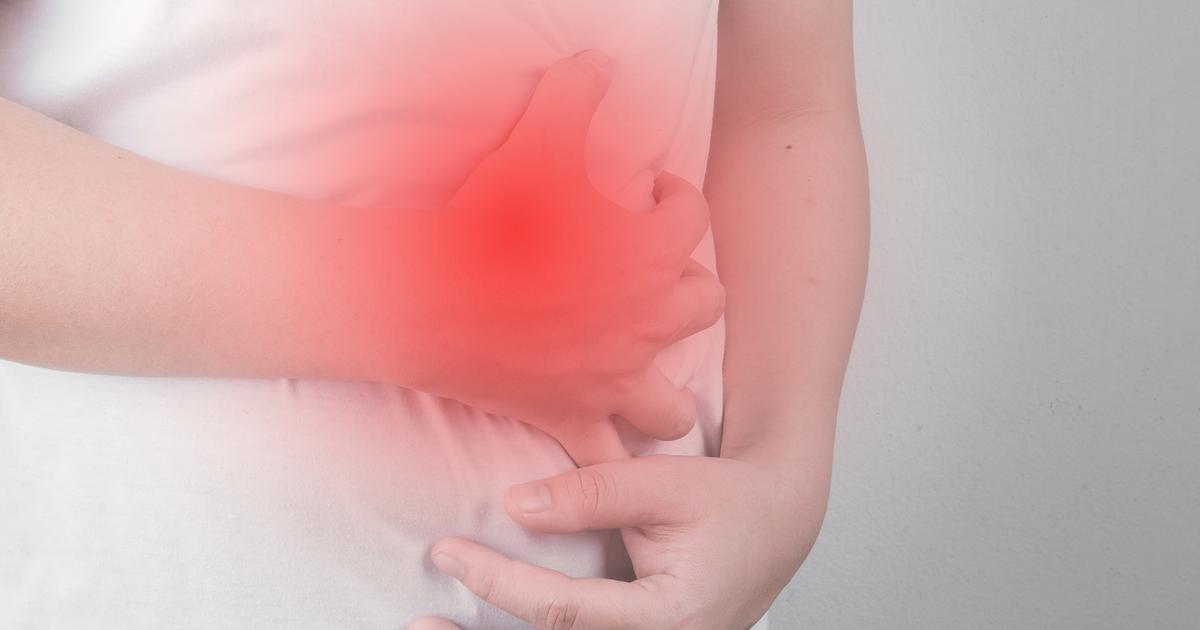Dangers Of Black Mold On Health
Hair Loss

Hair loss is associated with long-term exposure to mold. Patients may notice they lose more hair than usual after combing or styling their hair, and their hair might be more prone to breakage. Some individuals could develop small areas of bald patches if hair loss is severe. Hair loss is a common side effect of many medical conditions, and it is important to see a doctor to determine the underlying cause. Patients should make a list of anything they believe might be contributing to their hair loss, including mold exposure. It can be helpful to take photos over time to document the amount of hair that has been lost. Doctors might recommend blood tests, a scalp biopsy, and light microscopy as part of the diagnostic process. Medications may help in the treatment of some types of hair loss, and laser therapy could be an option as well. Individuals with substantial hair loss may be candidates for hair transplant surgery.
Stomach Pain

Stomach pain has been reported as a side effect of prolonged mold exposure. Patients may notice a dull ache in the abdomen, and some could experience sharp or throbbing pain. Stomach pain associated with mold exposure may come and go, and it might impact a patient's appetite. Doctors will palpate the patient's abdomen to check for masses and to identify areas of tenderness. Patients may need to have imaging studies and blood tests as part of the diagnostic process. If stomach pain occurs along with abdominal swelling, jaundice, fever, or bloody stools, immediate medical care should be obtained at the emergency room. Immediate attention is also required if the patient has stomach pain accompanied by persistent nausea or vomiting. An ambulance should be called if chest pain is present. Patients who believe mold may be contributing to their stomach issues should discuss this possibility with their healthcare team.
